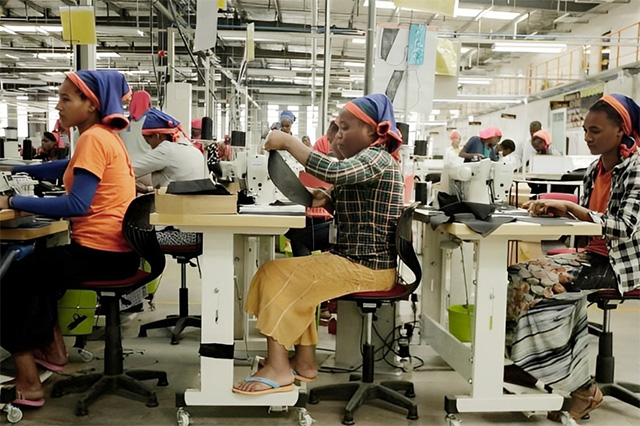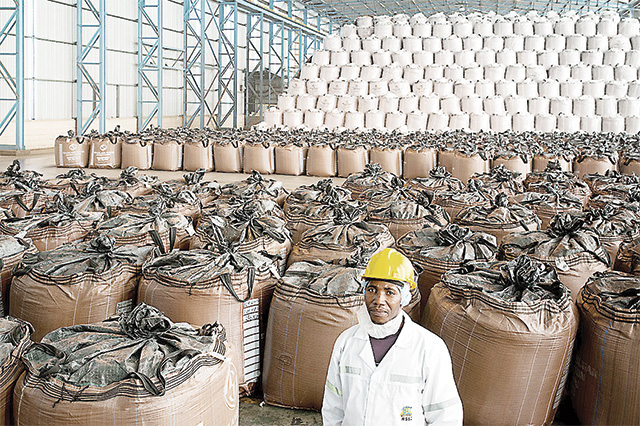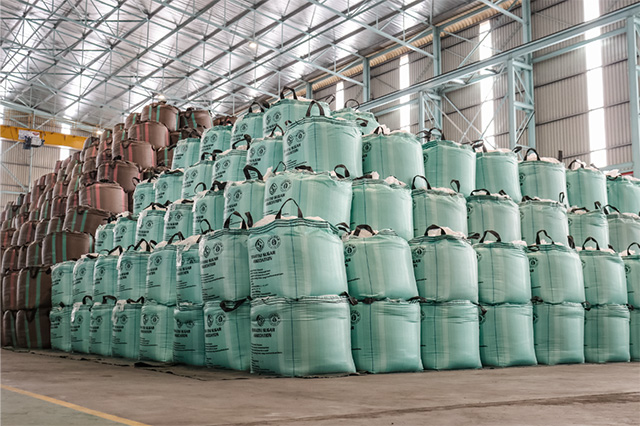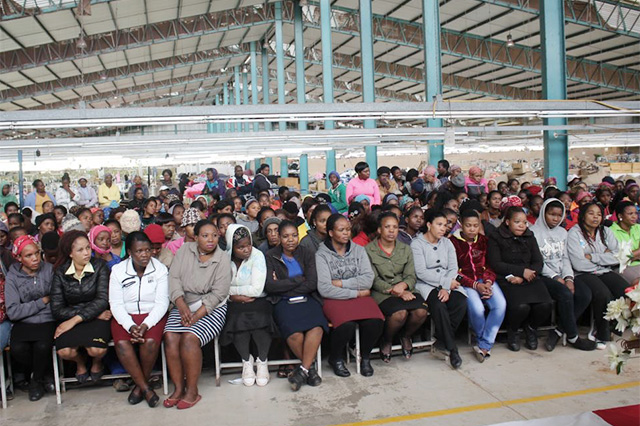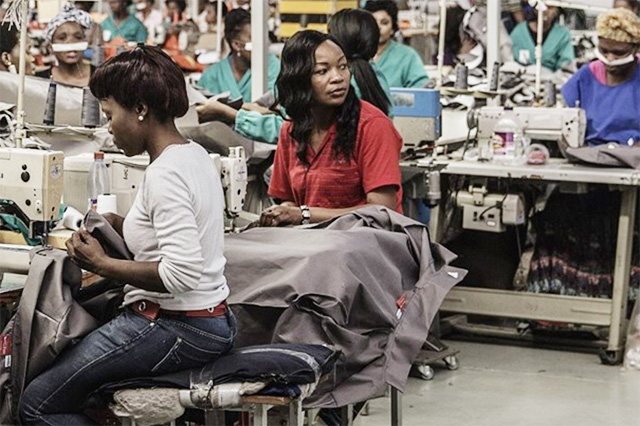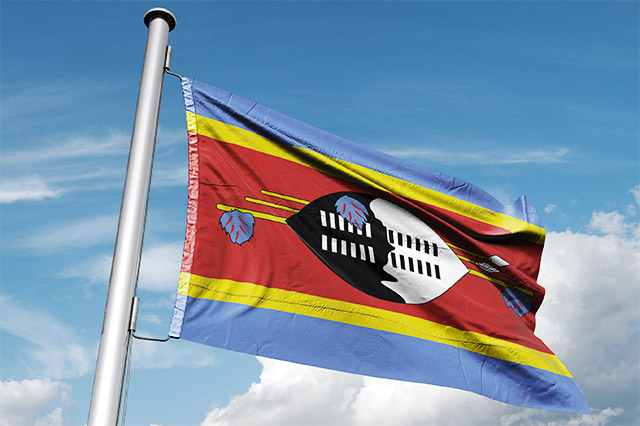Swaziland: Textile, associated industries appeal to the US over AGOA
Various stakeholders from the textile and apparel industry in the country have sent an impassioned plea to United States President Barak Obama, appealing to him to at least give Swaziland a few months more to allow the country to fulfill the benchmarks that resulted in its expulsion from AGOA.
Swaziland will be struck off the beneficiaries of AGOA late December, if it fails to meet the benchmarks.
Coming from different sectors, from the factory workers, security guards, union shop stewards, vendors and transport operators, they all sung in one voice that they benefitted in various ways from the presence of the textile companies, and their departure would hit their pockets very hard, hence the appeal that the country be given a few more months so it can sort the benchmarks hurdle.
Speaking in an interview, they said the closure of the Matsapha- based Tex Ray textile company jolted them into this action, as it seemed imminent that even the other factories, especially those in the Shiselweni region would soon go the same route.
“It has since dawned on us that we could be next. There is little or no chance that we can survive this catastrophe. Even the related industries like security, transport and vendors will also be hard hit, and in extension, the many souls that are reliant on us for survival. We have since realised the impact such closures will have on us and our families, hence our appeal to the American leader and its people to extend us a lifeline so government and other players can deliberate and ultimately meet the benchmarks,” Eugene Sithole, who works for a security company at the Zheng Yong factory said.
He continued that he was praying that the International Labour Organisation, the American Government and its local embassy should look at the matter in a holistic manner as it did not only affect the people working at the firms only.
Sithole, who said he had 12 children to look after, added that his wife was also a vendor at the textile firms in Nhlangano, and if the companies closed down, it could spell imminent doom for his whole family. “Naturally, such a scenario will see a spike in criminal activity in the region and eventually the country when looking at the close to 17 000 workers who will be affected. Prostitution and proliferation of HIV and Aids cannot be ruled out too, thus reversing the gains the country had made on that regard,” he said.
Factory worker and union shop steward Zweli Dlamini said he had not known much about AGOA and what it stood for until the closure reality hit home. He noted that with the axe hovering above their heads, he realised that it was much bigger than an employment and growth opportunity for the country.
“I have since realised that it is life itself, because when it goes we will cease living. I plead with all those responsible, from the unions to government, to ILO and right up to Barak Obama to practise some humanity and spare us the difficulties which we will face if AGOA goes. Sadly, the politicians will still be earning their keep five years from now while the unions will be drawing subscriptions from other entities that will still be extant. Textile workers, on the other hand, will be dying like ticks as the carcass of the beast they were feeding from would be decomposing,” he said, adding that he had seven mouths to fend for in the less than E1 200 monthly salary he got.
“It was not much, but I had gotten used to it. The fact that something was always coming my way every month end allowed me to plan ahead. What will I do now if the company closes?” he asked no one in particular.
Siphesihle Shabangu, a vendor at Zheng Yong lamented the tendency of mixing politics with economic issues, saying this had led to the conundrum the country was currently faced with. She noted that some unions were battling it out with government over political issues, and they had coaxed the Americans into removing Swaziland from AGOA just to prove a point.
“We are being used as political pawns here, and as a result of our lowly status, we will feel the pain. This is why I am personally ready even to march to the US Embassy to explain these things to them and probably they can review their decision. The textile workers supported us and in turn we supported our families while also sending our children to school. Who will inherit all these expenses with the closure of the companies? We are appealing to all concerned to have a rethink. We do not want to believe that AGOA, which was brought into Swaziland to push for economic growth could also be used to cripple the same people it was introduced for.
This is why I believe that this matter has deep political connotations and sadly we are being pawned at the table of political expediency, and sadly we will take the knock when the curtain falls and those fighting will continue with their dogfight, using other avenues for their games,” she said. Collectively, they then passed their profound regards to whoever was doing all they could to avert this catastrophe. They mentioned the government, which they said they were aware that it was working around the issue, the United States government for bringing AGOA in the first place and ILO for assisting the country attain acceptable international labour standards.
“Our sentiments and efforts with all due respect are not meant to undermine their efforts, but we are merely pleading that at least government is afforded a little more time as it works around the issue with the stakeholders. We are also not undermining the processes, procedures and protocols governing AGOA.
We respect the fact that there is no tripartite after the unions quit, which could delay the process a bit until deadline time. Truth is the country is doing something even though it may appear slow and we believe the situation could be saved while the same can be said of the relationship the country has had with the US,” they closed.



